The Winnemem Wintu Tribe Presents at the 23rd UN Permanent Forum on Indigenous Issues

Taking to the international arena, The Winnemem Wintu Tribe endorse protections for Indigenous women and say “we are still here.”
By Christine Trudeau
Alongside hundreds of Indigenous leaders, non-governmental organizations, and nation states from around the globe in attendance, the Winnemem Wintu Tribal delegates joined the United Nations Permanent Forum on Indigenous Issues (UNPFII) for its 23rd session this past April in New York City.
The Winnemem Wintu Tribe, which is not federally recognized, with a long history of advocacy for protecting water rights, sacred sites, salmon rehabilitation, and landback initiatives to name a few. Delegates from the Winnemem Wintu Tribe included Chief Caleen Sisk, legal advocate India Reed Bowers, Niria Alicia Garcia, and Pom Tuiimyali (Michael Preston), and in total they gave three interventions and participated in one enhanced participation hearing during the UNPFII forum.
Written statements included calls for the “recognition and endorsement of Convention on the Elimination of All Forms of Discrimination against Women (CEDAW) general recommendation No. 39 that specifically recommends protections for “the rights of Indigenous women and girls.”
In addition to supporting general recommendation 39, on Friday, April 22nd, Pom Tuiimyali (Michael Preston), son of Chief Sisk, said, “human rights are health and wellness for our women and our Tribe. Health and wellness means choosing our own pathways as self-governing in-line with our traditional leadership systems and self-determination and not giving up those values in leadership in exchange for colonial leadership adoption.”
He also called for the recognition of Winnemem Wintu, saying: “traditional and spiritual leadership as self-determining and self-representation alongside States and other self-governing Indigenous Peoples at the UN, as our own Representative Institution and through representatives of our choice, are among our development goals for the future and health indicators for humanity.”
Tuiimyali went on to state the United States has stood as a continued “settler state” in the path of the Winnemem Wintu’s ability to meet that self-governing needs by failing to give full federal recognition to the Tribe.
“The [United Nations Declarations on the Right of Indigenous Peoples] UNDRIP holds a standard of Indigenous Rights that we endorse, however we do not endorse its Article 46(1) concerning state territorial integrity, a clause that was forced onto Indigenous peoples by states to have Indigenous rights codified. We support formal decolonization, Indigenizing the now and the future,” said Tuiimyali. “‘Land Back’ is culture back, and it should not come with strings attached for us as Indigenous Peoples; remedy and redress as self-determining, without the strings of colonialism attached, means that we are owed means to restore our traditional ecosystems, manage our ecosystems, and design our lifeways and teachings, our own health systems, inline with our values and connections to the Earth and as a People.”
Legal advocate India Reed Bowers with the Winnemem Wintu delegation also spoke on Monday, April 22nd. Bowers’ written statement read, that inlight of Pom Tuiimyali’s previous intervention the Winnemem Wintu have made this, “commitment is in-line with both self-determination and responsibilities to Human Rights that the Tribe puts forward, as its own self-governing Representative Institution to the UN, for the world and for the Winnemem Wintu Tribe and people.” Chief Sisk and Bowers were not able to respond to comment by publication deadline.
This piece was reported and written with the support of an Ethnic Media Outreach Grant, made possible by the Stop the Hate initiative, funded by the California State Library (CSL) in partnership with the California Commission on Asian and Pacific Islander American Affairs (CAPIAA). To learn more about Stop the Hate or to report a hate incident, visit stopthehateca.org.



